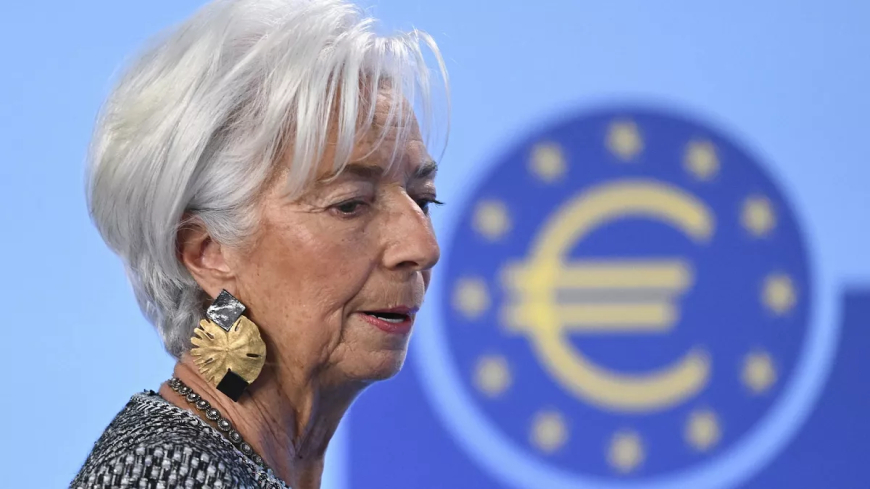ECB Chief Christine Lagarde Warns of Inflation Risks Amid Economic Shocks

Eurozone Faces Unprecedented Challenges
European Central Bank (ECB) President Christine Lagarde has warned that the Eurozone economy is facing exceptional shocks stemming from trade, defense, and climate-related issues, increasing the likelihood of prolonged inflation volatility. Speaking at the 25th ECB and Its Watchers Conference in Frankfurt, Lagarde emphasized that these factors complicate the ECB’s ability to signal its policy intentions clearly.
She noted that the central bank remains committed to its 2% inflation target but acknowledged that uncertainty surrounding economic conditions forces the ECB to outline how it will respond to future economic shocks rather than offering fixed guidance on policy direction.
Lagarde highlighted recent unexpected political decisions, stating,
"Our expectations have been repeatedly challenged over the past few years, and especially in recent weeks. We have witnessed political decisions that were unthinkable just months ago."
Inflation and Monetary Policy Uncertainty
Lagarde explained that if the frequency of price adjustments surpasses wage adjustments, inflation could become more persistent. She warned that major economic shocks could lead to faster inflation transmission, with wages lagging behind in response.
"When the economy is hit by significant shocks, and if variable pricing becomes the norm while wage-setting lags behind, inflation may become more entrenched. Large shocks will lead to a faster pass-through into inflation, forcing wages to catch up more gradually," Lagarde said.
However, she stopped short of offering a concrete solution to address these risks. Instead, she stressed that the ECB must be transparent about what it can and cannot control, acknowledging that while the central bank cannot guarantee inflation will always stay at 2%, it must clearly outline its response framework.
"The ECB cannot promise to keep inflation at exactly 2% at all times, nor can it offer specific forward guidance on where policy is headed," Lagarde stated.
Instead, she emphasized the need for clarity in the ECB’s reaction function, ensuring that households and businesses understand how monetary policy will respond to evolving economic conditions.
"However, the bank must ensure that inflation always converges toward 2% in the medium term. We must clearly define how we will react to changing conditions and outline the data we will rely on to make policy adjustments."
With interest rate decisions becoming increasingly data-dependent, Lagarde’s speech signals that the ECB may remain cautious on rate cuts until economic uncertainty subsides.







